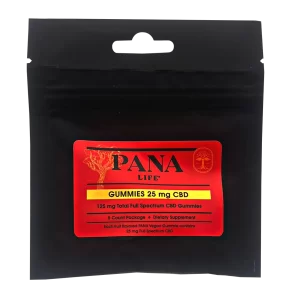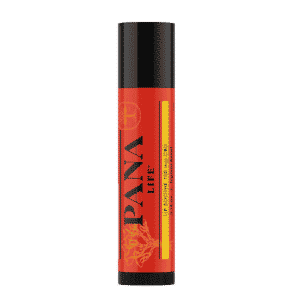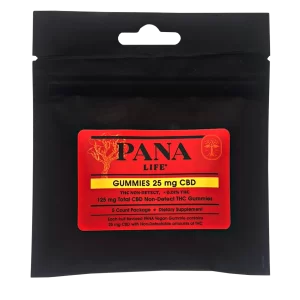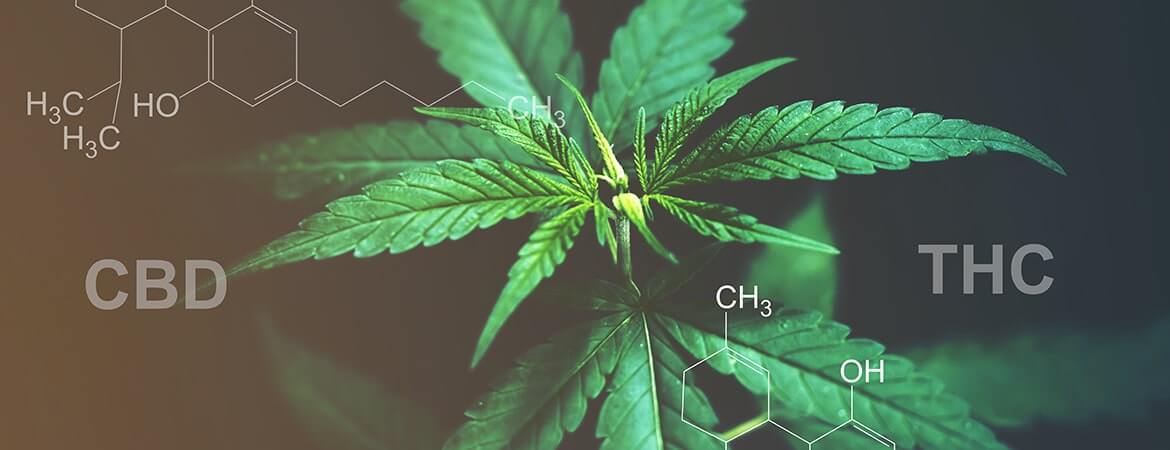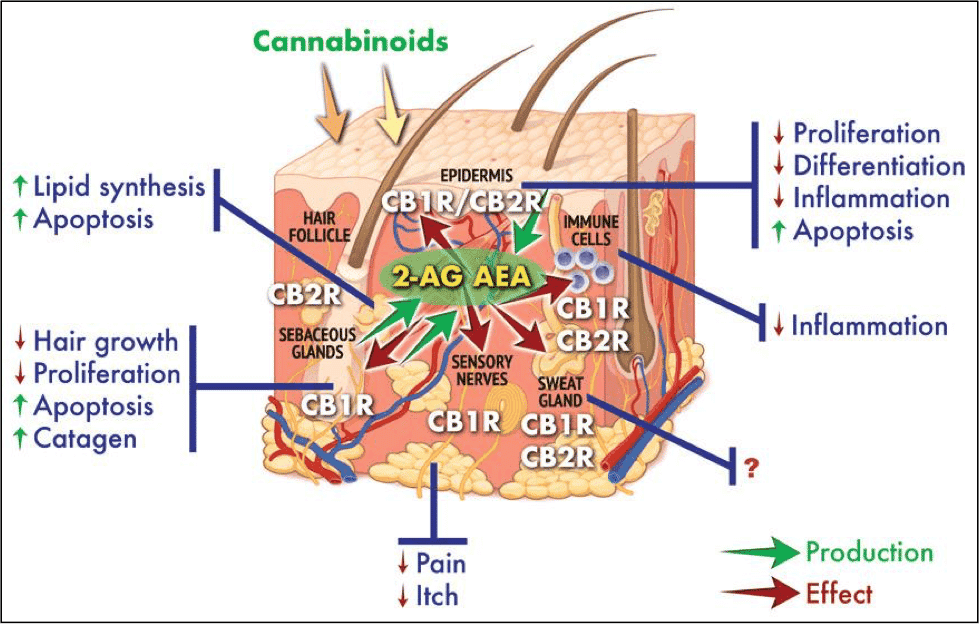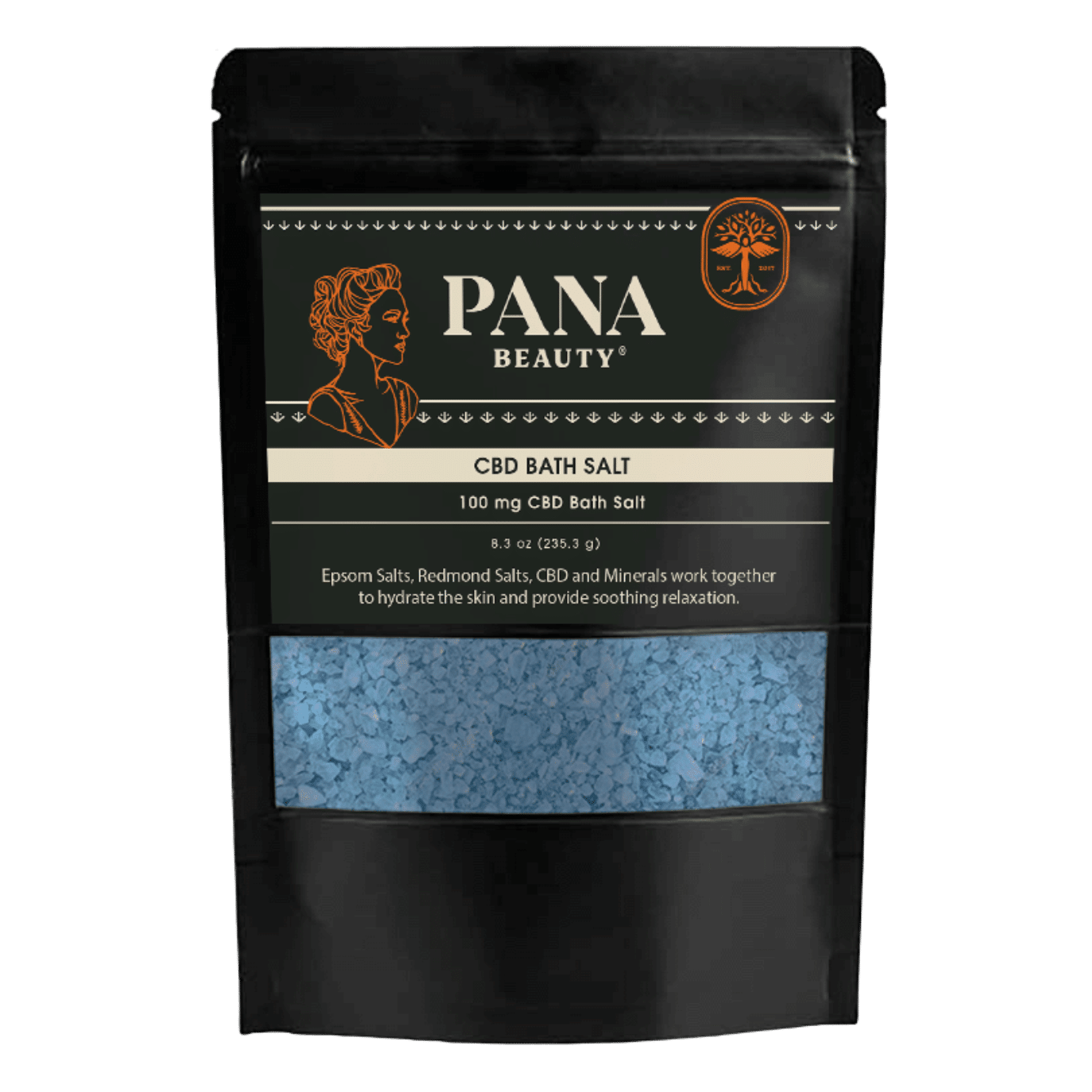When many people hear the term “cannabis”, they generally think of a famous plant that has questionable legal status. They may even use the words “marijuana moment” and “hemp” interchangeably to describe it. But what many do not realize is that cannabis is a general term for members of a group of plants and that marijuana and hemp are individual members of that family. When people learn this, many of them end up having a lot of questions—one of the main ones being, how are the two different from each other. We here at Panacea Life Sciences are firm believers in education. So, we are more than happy to answer your questions and understand this fascinating topic a little better.
What is the difference between hemp & marijuana?
You may be thinking that all cannabis is the same, and, as a result, so are hemp and marijuana. However, that is not actually true. While the two have a fair amount in common, they are their own plants. But what makes them different? Well, it mainly has to do with their chemical make-up.
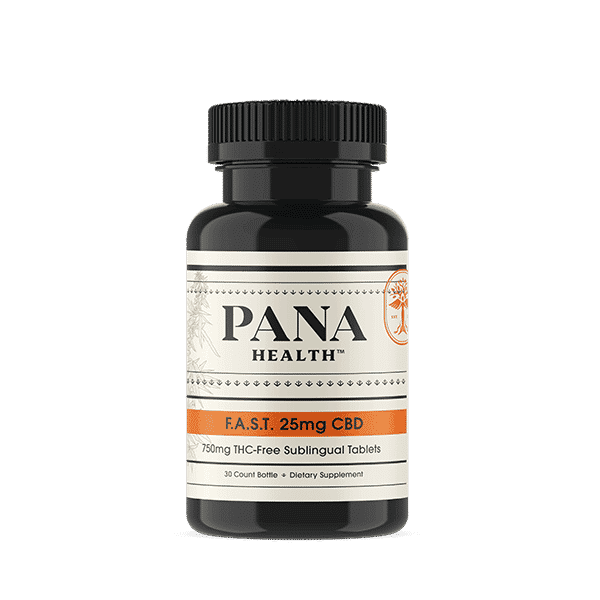
Cannabis plants have a group of chemical compounds called cannabinoids. This is a wide group of compounds, with over 113 different ones found in cannabis plants. Those are just the ones that have been identified. Odds are researchers will discover more as time goes on. These cannabinoids are what make the difference in hemp and marijuana.
There are a couple of very famous cannabinoids that are important to know about. They are tetrahydrocannabinol (THC) and cannabidiol (CBD). For this section, we are going to focus on THC and go into more detail about CBD later in the article. THC’s importance lies in its effect on people. It is psychoactive. It creates an inebriation that is generally called a “high.” It should be noted that CBD is not psychoactive and does not create any sort of inebriation.
Both hemp and marijuana moment have many of the same cannabinoids in them. The difference is dependent on how much of each of the cannabinoids that they contain, especially how much THC and CBD they have. Marijuana has very high levels of THC. This why marijuana is the more talked about form of cannabis. Hemp, on the other hand, has very low levels of THC. In fact, its levels are so low, and it does not have enough to create a high.
The main thing to understand about the difference between hemp and marijuana is that marijuana will create a high. Hemp will not.
Is hemp legal?
This is a perfectly understandable question to ask, seeing as hemp is a form of cannabis. While it is considered a milder version of the plant, it is still cannabis. So, how does it stand up to legal scrutiny? Pretty well, as it turns out.
In 2018, it was time for the United States Legislature to take a look at the Farm Bill again. This is a law that deals with everything related to farming in the United States. That includes what farmers can and cannot grow and sell. Every five or so years, it is reviewed, updated, and changed, and passed again.
The new version of this bill that was produced by the Legislature included something interesting. It officially legalized hemp on the federal level. This meant that unless a state has a specific law stating otherwise, hemp is federally legal for farmers to grow and sell, and for manufacturers to make into products. The bill specifies that hemp has less than 0.3% THC in it. Otherwise, it gets classified as marijuana (which is still illegal on the federal level).
There are three states where hemp is still illegal. They are Idaho, Nebraska, and South Dakota. Some other states do have specific restrictions on where hemp products can be sold or who may use it. But other than those exceptions, hemp is officially legal in the United States. This is great news for many people because hemp is what most manufacturers use to produce CBD products.
What is CBD?
We have mentioned CBD a few times but have not yet explained what it is. As a CBD company, we would be mistaken not to give a quick overview of CBD.
CBD, as mentioned is one of the over 113 cannabinoids found in cannabis plants. It is generally similar to THC, but it has one key difference: CBD is not psychoactive. It does not create the high that THC does. Instead, if offers many potential benefits to its users.
CBD helps define hemp as its own sperate cannabis variety. Like we talked about above, hemp has a very low THC content (less than 0.3% if you remember). It also has very high CBD content. As a result, most CBD manufacturers prefer using hemp rather than marijuana. Of course, this preference is also helped by the legal statuses of hemp and marijuana. Seeing as hemp is only illegal in a handful of states, it is much easier for CBD manufacturers to sell their products nationally if they are made from hemp.
There has been consistent ongoing research on CBD’s effects benefits the last couple of decades, and it has been promising. For example, some studies have been finding that CBD may be able to help users achieve a greater sense of calm. Others have found that CBD may be helpful for supporting joint health. Another area that has been looked at a lot is CBD’s potential ability to reduce acne. These are just a few examples of the research that is being done on CBD at the moment. These studies are still preliminary, but as time goes on, more research will be done, and we will understand this fascinating cannabinoid better.
Now that you have a better understanding of what hemp is and how it is different from marijuana, you may be wondering if CBD products are worth trying. We here at Panacea Life Sciences may be biased, but we certainly think so. If you are ready to give CBD a try, check out our shop page, where we have a CBD product for just about everyone.



